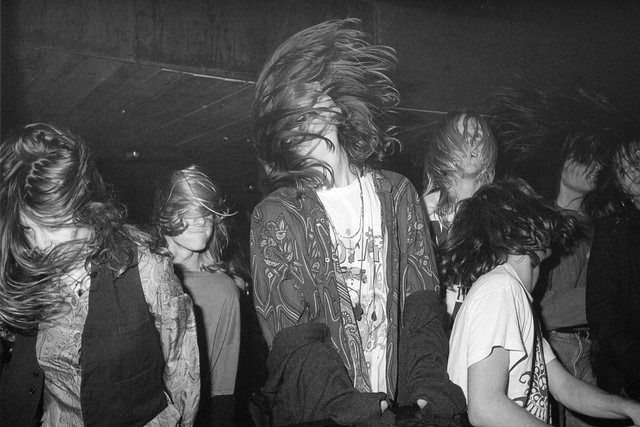
Headbanging can be dangerous for the brain, a new case study published in The Lancet, reveals.
The study that appeared online on 5 July detailed the case of a 50-year-old man, who nearly lost his life after shaking his head violently during a Motörhead concert last year.
Neuro-surgeons at the Hannover Medical School in Germany had to operate the man to remove a blood clot formed on the right side of the brain after headbanging at the concert.
The case came to light only several weeks after the concert, when the man, whose name is yet to be revealed, set out to find out the root cause of his chronic headaches. However, the man had no history of head trauma or substance abuse.
During the talk he mentioned about a Motörhead concert he attended the previous month. A brain scan showed the man had developed a chronic subdural haematoma or blood clots in the brain. The condition can be caused either by a minor or serious head injury.
The head injuries that remain unnoticed and untreated for many weeks are termed as chronic subdural haematoma, according to the Medline Plus.
"Even though there are only a few documented cases of subdural haematomas (due to headbanging), the incidence may be higher because the symptoms of this type of brain injury are often clinically silent or cause only mild headache that resolves spontaneously," lead author of the study, Dr Ariyan Pirayesh Islamian, told The Independent.
"This case serves as evidence in support of Motörhead's reputation as one of the most hardcore rock'n'roll acts on earth, if nothing else because of their music's contagious speed drive and the hazardous potential for headbanging fans to suffer brain injury."
Doctors drilled into the man's skull and removed the clot. It took nearly six days to dry the brain, Huffington Post reported.
However, health experts asked rock-music lovers not to get panic, as it is a very rare case.
"There are probably other higher risk events going on at rock concerts than headbanging," Dr. Colin Shieff, a neuro-surgeon and trustee of the British brain injury advocacy group Headway, told The Associated Press. "Most people who go to music festivals and jump up and down while shaking their heads don't end up in the hands of a neurosurgeon."
Doctors who treated the man also agreed to this. "We are not against headbanging," Dr Islamian, told The Guardian. "The risk of injury is very, very low. But I think if (the patient) had gone to a classical concert, this would not have happened."
However, studies have exposed similar risks associated with headbanging. A study from Australia warned against the popular behaviour in 2008. Researchers Declan Patton and Andrew McIntosh from the University of New South Wales found that fast tempos and wider head-swing arcs increased the risk of mild head - neck injury and traumatic brain injury.
Following are some other factors that can increase the risk of subdural haematoma:
- Prolonged use of alcohol
- Certain anti-coagulant medication like aspirin
- Head injury












